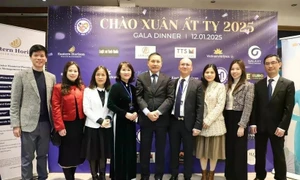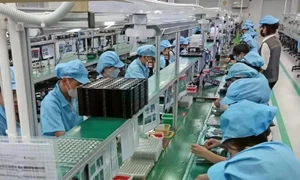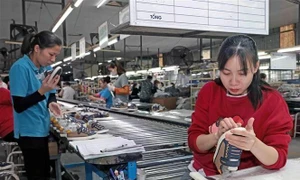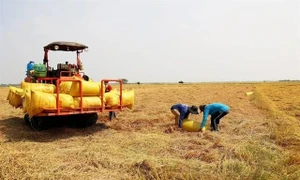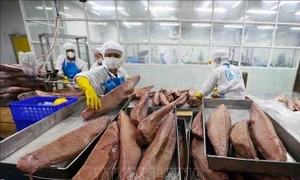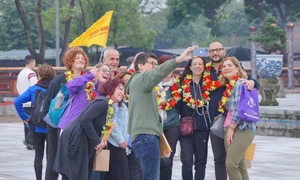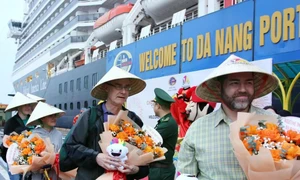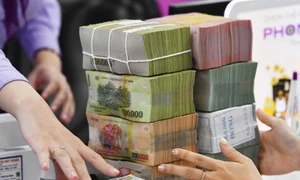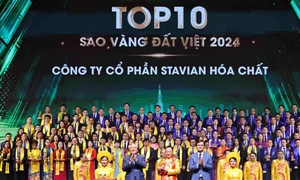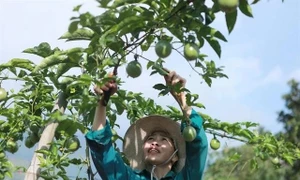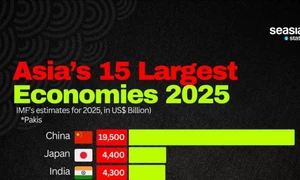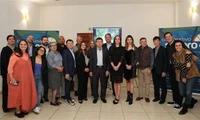
They shared their views at the two thematic sessions: Overseas Vietnamese (OV) and the development of high technology in Vietnam, and OV businesses and entrepreneurs supporting the nation, within the framework of the 4th World Conference of Overseas Vietnamese, which concluded in Hanoi on August 22.
In the discussions on the role of OVs in the development of the semiconductor and artificial intelligence (AI) industries, participants contributed a lot of practical solutions to the country’s socio-economic development.
Nguyen Ngoc Mai Khanh, an expert on semiconductor product development of the Republic of Korea’s Samsung Group, said that the semiconductor industry in Vietnam is currently limited to the processing stage and lacks a contingent of technicians capable of mastering complete products. However, with a large population and the government's focus on digital transformation, the country has big opportunities to advance this industry.
On ways to develop this industry, Khanh, who is living in Japan, emphasised the development of human resources. Accordingly, it is necessary to strengthen the training of microchip engineers, build an online training platform for this industry, establish specialised training centres, and put in place policies to attract and retain talents.
Sharing the same view, Assistant Professor Nguyen Thi Van Anh at Japan’s Tohoku University proposed Vietnam meet infrastructure requirements, and prepare appropriate supply chains and good human resources.
In practice, establishing and operating a semiconductor manufacturing centre which meets global standards will require a significant investment. Therefore, it is essential to carefully consider and allocate the budget appropriately if the goal is to build centres or laboratories capable of semiconductor production, she stressed.
Duong Minh Tien, from the RoK, stressed the need for Vietnam to prepare resources to anticipate the expected investment wave in the packaging industry over the next 5 to 10 years, as it is regarded as an attractive destination for investment in the semiconductor packaging sector.
In addition, Vietnam needs to ensure energy security, enhance English language proficiency among students, and prioritise preparations for the upcoming wave of investment in substrates and advanced packaging in the future, he added.
